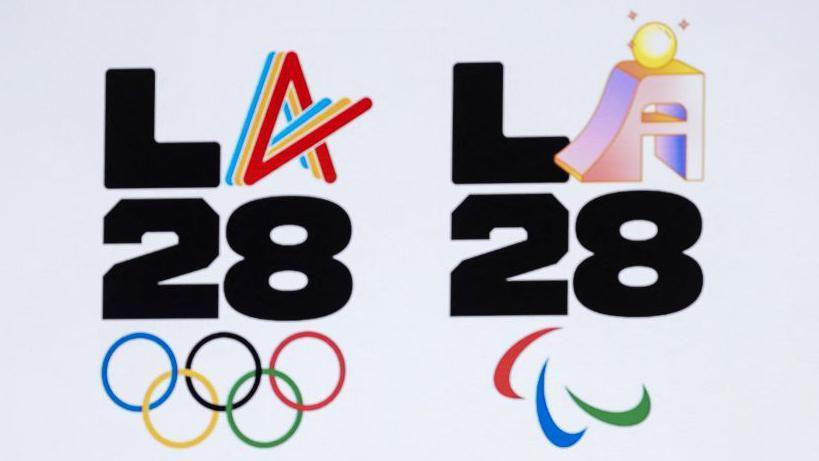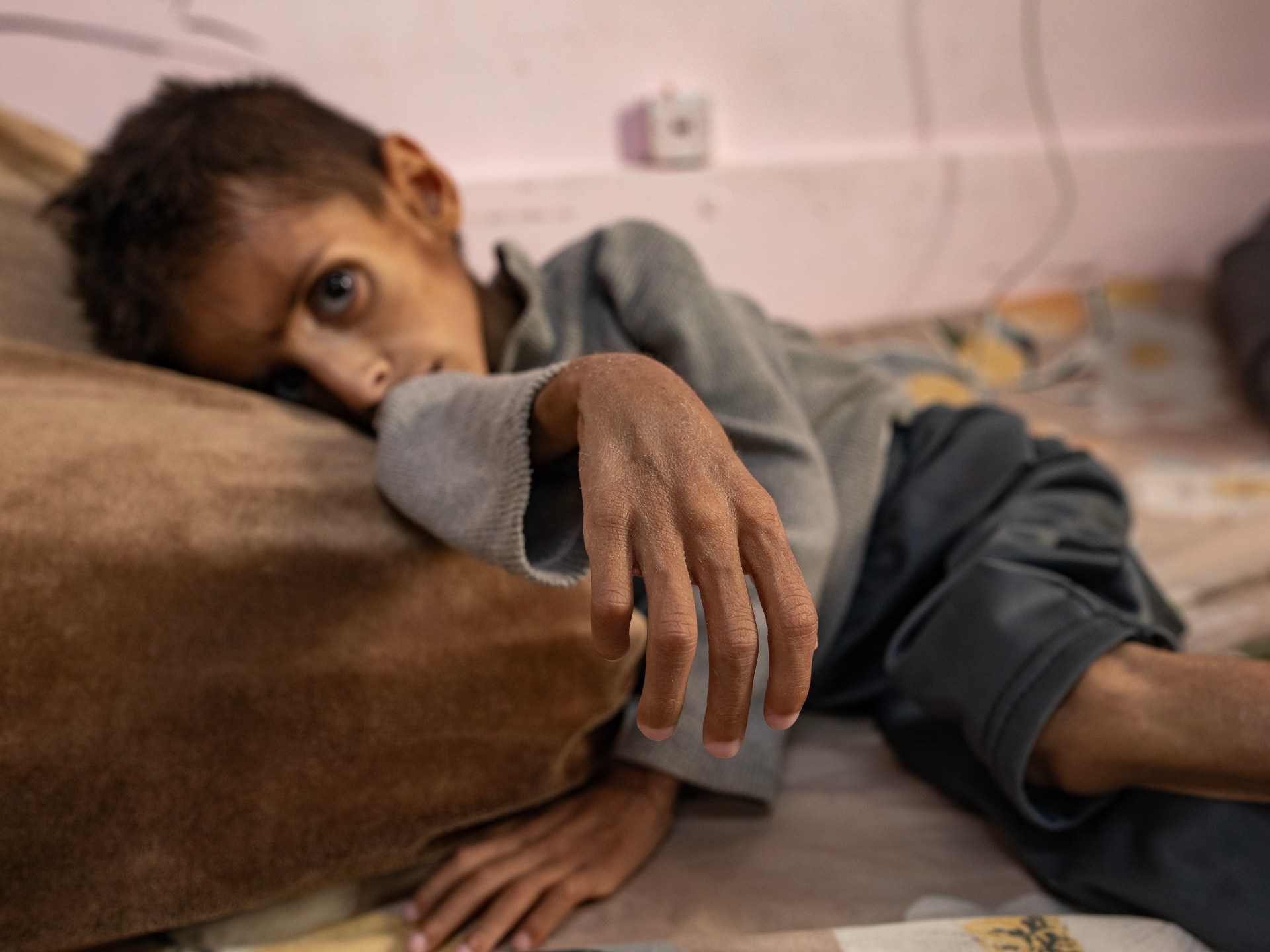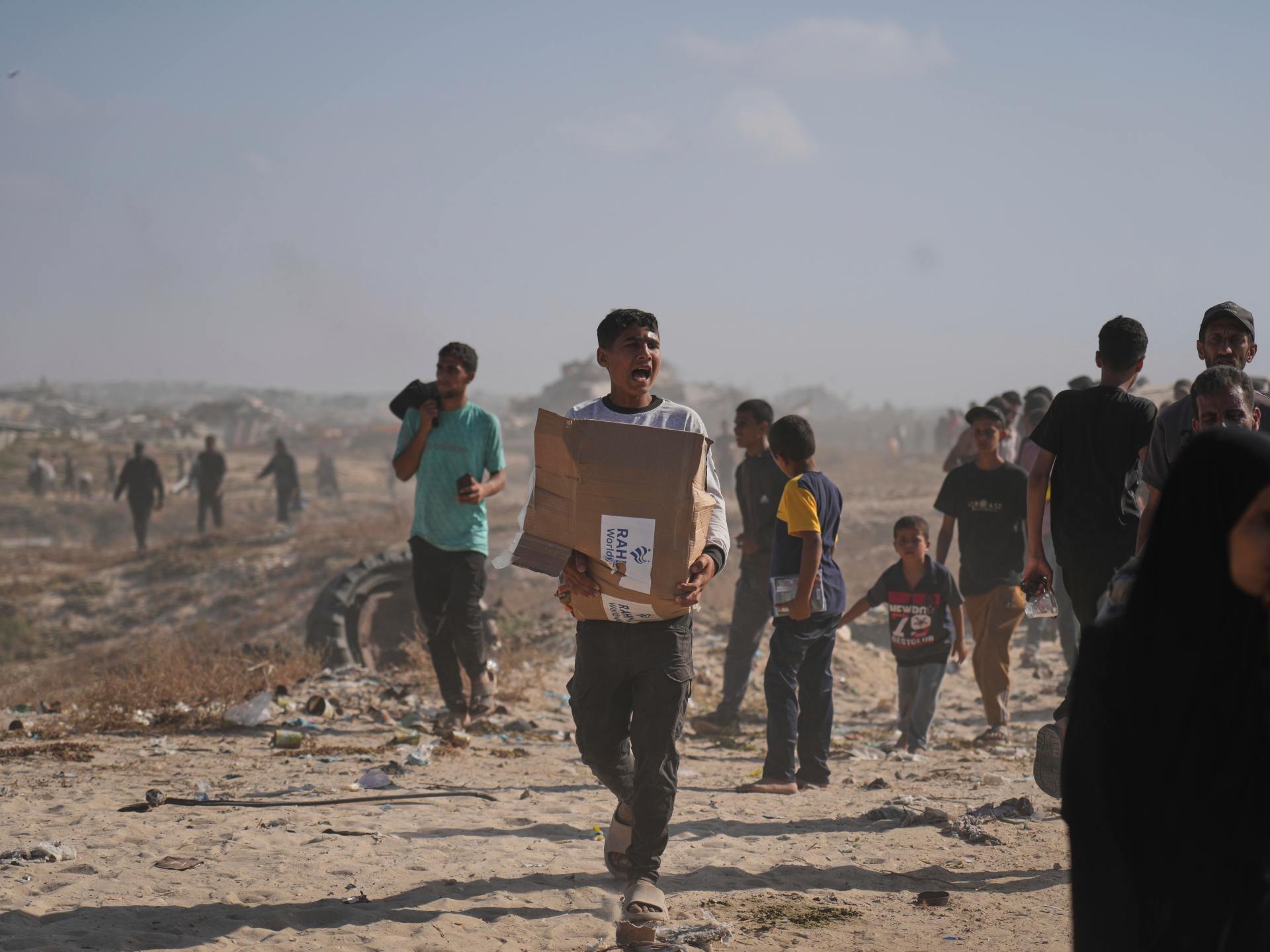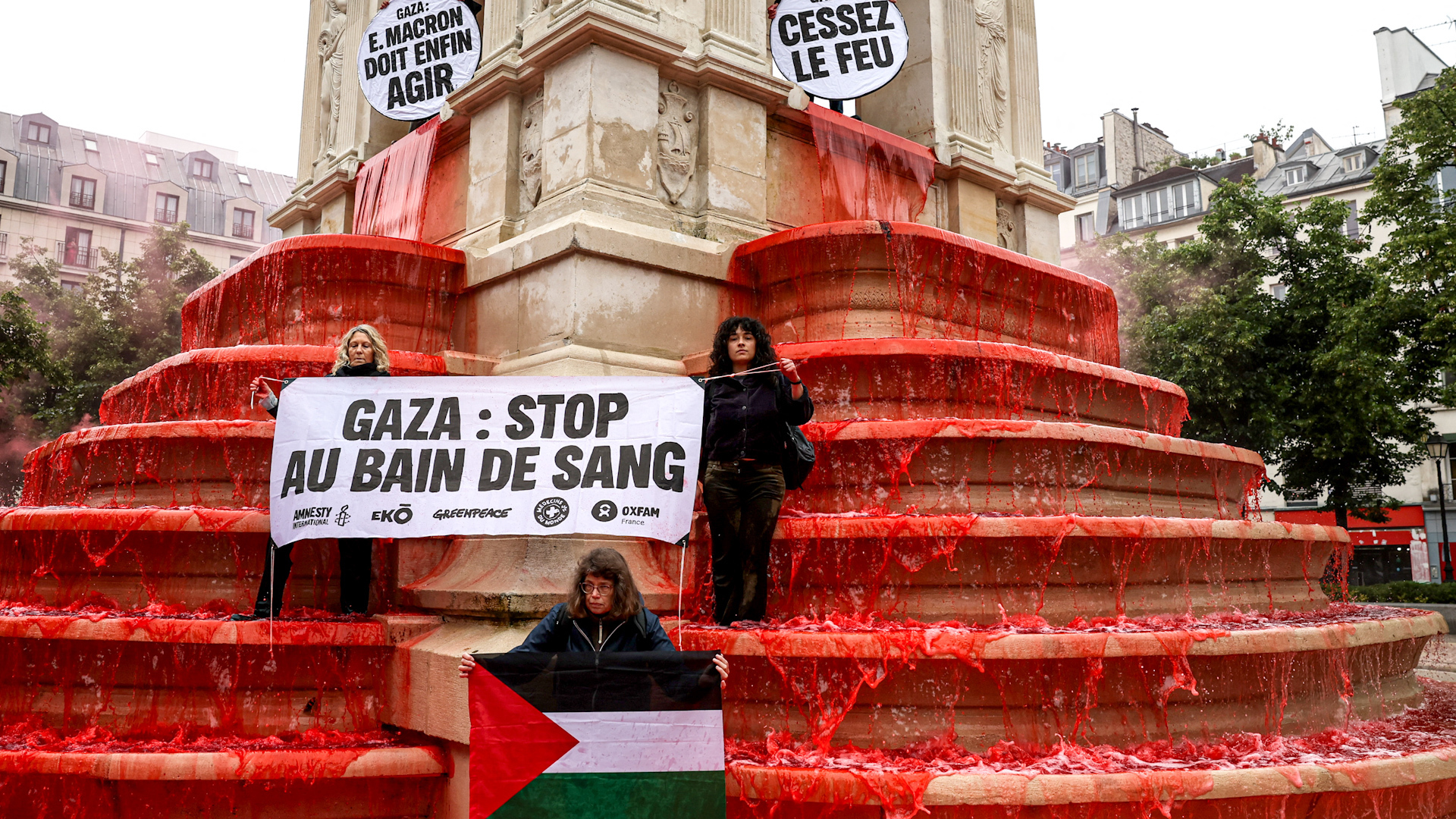I’ve written a lot about Palestinians’ trials and tragedies for a long time.
Every word of every column that has appeared on this page, devoted to Palestine’s precarious fate and the unwavering souls who refuse to leave it, has been treated as a duty and obligation.
Writing has the power and obligation to expose injustice and express gratuitous suffering, which is a privilege that writers have over the ability to reach so many people and places.
I’m standing where I am throughout. Any honest author is aware of how exhausting and foolish that can be, but because I am required to tell the truth truth openly and, if necessary, repeatedly.
The moral imperative of this terrible, disfiguring hour is, in my opinion, to end what has happened to Palestinians and continues to happen to them.
A response is necessary because silence frequently results in complicity and consent, whether intentionally or accidentally.
Each of us who feels like we have a duty and obligation reacts in a unique way.
Some address lawmakers in their speeches. In demonstrations, some people encircle the arms. Some travel to Gaza and the West Bank to avert the prevailing devastation and despair they are causing.
I write.
Writing in support of Palestinians is not intended to be a polemical provocation, nor can it be dismissed as a rejection of their humanity, dignity, and rights.
It’s a conscience-based act in my opinion.
I don’t write to mollify. In order to provide readers with a convenient and comfortable ethical exit ramp, I object to categorizing what has happened and is happening in Palestine as “complex.”
No complex occupation exists. The process of oppression is simple. Apartheid is not difficult. The cause of the Genocide is not complex. It is cruel. It is incorrect. It must renounce politeness.
Writing about Palestinians in this direct, unwavering manner resounds with responses from all directions.
Some readers praise your “courage.” Some thanks you for “speaking” to them, not yelling, and naming names. Despite the risks and reproaches, some readers urge you to keep writing.
Some readers refer to you as ugly names, which is much less charitable. Some people wish harm and misfortune for you and your family. Some readers try to fire you, but they don’t.
Whatever the reaction, whether it be kind or unkind, thoughtful or thoughtless, or the consequences, whether or not, you can always keep writing.
However, one of the drawbacks of writing about Palestinians is losing the comforting serenity and tender pleasure of long-standing friendships.
On this depressing note, I suppose I’m not the only one.
For refusing to ignore or sanitize the horror we see day after day, students, teachers, academics, artists, and many others have been exiled, charged, or even jailed.
My struggles are modest in comparison, despite being stinging and disconcerting. Even though dear, detached friends seem to have a price for openness.
These friendships, which were established over decades through varied experiences, including happy and unhappy ones, have suddenly vanished.
I was aware that something could go wrong. I had no fear of it. I accepted it.
However, it sprang when it did.
It came a little late. Voicemail was used to make phone calls. Emails didn’t receive any responses. Inevitably, the silence and absence grew until they became a clear verdict.
I therefore declined to request explanations. That would be pointless, in my opinion. A door had been forced to close and close.
I admired and respected my friends. With whom I trusted, trusted, and sought advice from, and sought their counsel.
Gone.
I wish them and their loved ones the best. I’ll miss their counsel and assistance, occasionally both wise and occasionally.
Some of them are Jewish, while others are not. I have no regrets about their choice. They have used their prerogative to determine who can and cannot be referred to as friends.
Their litmus test, which we all have, was once passed by me. I’ve already let it go.
Some of my former friends have enchanted me with Israel, I am aware of. Some people reside there with their families. Some people may be grieving as well, concerned about what will follow.
I don’t ignore their apprehensions or doubts. I don’t contest their safety’s value.
The unspoken root of the irreversible divide is where, in my opinion, we are.
Palestine’s freedom and sovereignty cannot be compromised.
That is not coexistence, let alone peace. It is oppressive, brutal, and unforgiving.
This profound and lasting loss replaces the clarity that results from rejection. It increases your sense of genuineness and loyalty in relationships.
Perhaps the people I assumed I knew were completely unknowable. And perhaps those who believed they knew me were completely unaware of me.
A reckoning is taking place. It can be messy and painful, like most things, big or small, near or far.
We are attempting to navigate a pitiful world that, on the whole, rewards tolerance and punishes dissention.
I can assure those friends who have chosen to stay away that I think you have a right to do what you are doing. I am just like that.
Not to hurt, I write. I request a response.
I make a point that Palestinians’ lives matter.
I make it clear that edict, force, and intimidation cannot eradicate Palestinians.
I make it clear that no one should perform this ritual every day.
I firmly believe that humanity must be universal and that justice must not be limited.
I demand that Palestinian children discover a life beyond occupation, resentment, and grief.
I make sure Palestinian children have the same opportunity to play, learn, and thrive as our children.
I make it clear that a nation must be shaken of the killing lust that has spread like a fever that won’t go away.
Too much harm has been caused.
Can we come to a consensus on that?
The account will indicate that I wasn’t among the silent during this obscene moment of slaughter and starvation when I stopped writing.
For better or worse, it will record me on the record.





